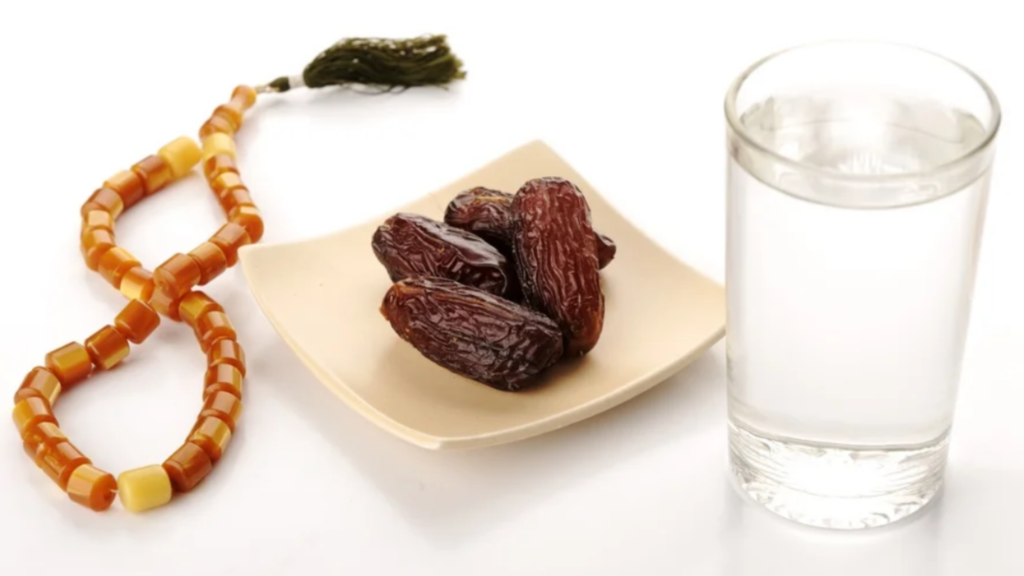
Ramadan is the holy month in the Islamic calendar, observed by millions of Muslims worldwide. It is a time of fasting, reflection, and spiritual growth. However, fasting for long hours during the day can take a toll on one's health. Therefore, it is essential to follow a healthy and balanced diet during Ramadan to ensure optimal health and well-being.
Here are some tips on how to stay healthy during Ramadan and healthy meal options:
- Start the day with a healthy breakfast
It is essential to start the day with a healthy and nutritious breakfast. The breakfast should include foods that are high in fiber and protein to keep you feeling full throughout the day. Some healthy breakfast options include eggs, oatmeal, whole-grain bread, fruits, and vegetables.
- Hydrate well
It is crucial to stay hydrated during the day to avoid dehydration. Drinking plenty of water and other fluids such as herbal tea, coconut water, and fresh juices can help keep you hydrated. Avoid sugary drinks and caffeine, as they can cause dehydration.
- Plan your meals
Planning your meals is key to maintaining a healthy diet during Ramadan. Make sure to include a variety of foods that provide the necessary nutrients such as carbohydrates, proteins, healthy fats, and vitamins. Plan your meals in advance to ensure that you have healthy options available for breaking the fast.
- Break the fast with dates and water
Dates are a traditional food for breaking the fast during Ramadan. They are an excellent source of energy and essential nutrients such as potassium, magnesium, and fiber. Drinking water along with dates can help rehydrate your body and prepare it for the meal.
- Avoid overeating
It is common to overeat after a long day of fasting, but it is essential to avoid overeating to maintain good health. Overeating can cause indigestion, bloating, and weight gain. Eat slowly and listen to your body's signals of fullness to avoid overeating.
- Include healthy fats in your diet
Healthy fats are essential for good health and well-being. Include healthy fats in your diet such as avocados, nuts, seeds, and olive oil. These foods provide essential nutrients and can help keep you feeling full and satisfied.
- Eat a balanced meal
Make sure to include a balanced meal for breaking the fast. A balanced meal should include carbohydrates, proteins, healthy fats, and vitamins. Some healthy meal options include grilled chicken or fish, whole-grain bread, salads, and vegetables.
- Avoid fried and processed foods
Fried and processed foods are high in fat, salt, and calories. These foods can cause weight gain, high blood pressure, and other health problems. Avoid fried and processed foods and opt for healthy and nutritious options instead.
- Limit sugary foods and drinks
Sugary foods and drinks can cause a rapid increase in blood sugar levels, which can lead to energy crashes and weight gain. Limit sugary foods and drinks during Ramadan and opt for healthy options such as fruits, nuts, and herbal teas.
- Exercise regularly
Regular exercise is essential for good health and well-being. Exercise can help reduce stress, improve mood, and boost energy levels. Make sure to exercise regularly during Ramadan, even if it is light exercise such as walking or yoga.
In conclusion, staying healthy during Ramadan is crucial for maintaining good health and well-being. Follow these tips to ensure that you have a healthy and balanced diet during Ramadan. Make sure to include a variety of foods that provide essential nutrients such as carbohydrates, proteins, healthy fats, and vitamins. Plan your meals in advance and avoid overeating. Exercise regularly, stay hydrated, and avoid unhealthy foods and drinks. By following these tips, you can have a healthy and enjoyable Ramadan.
